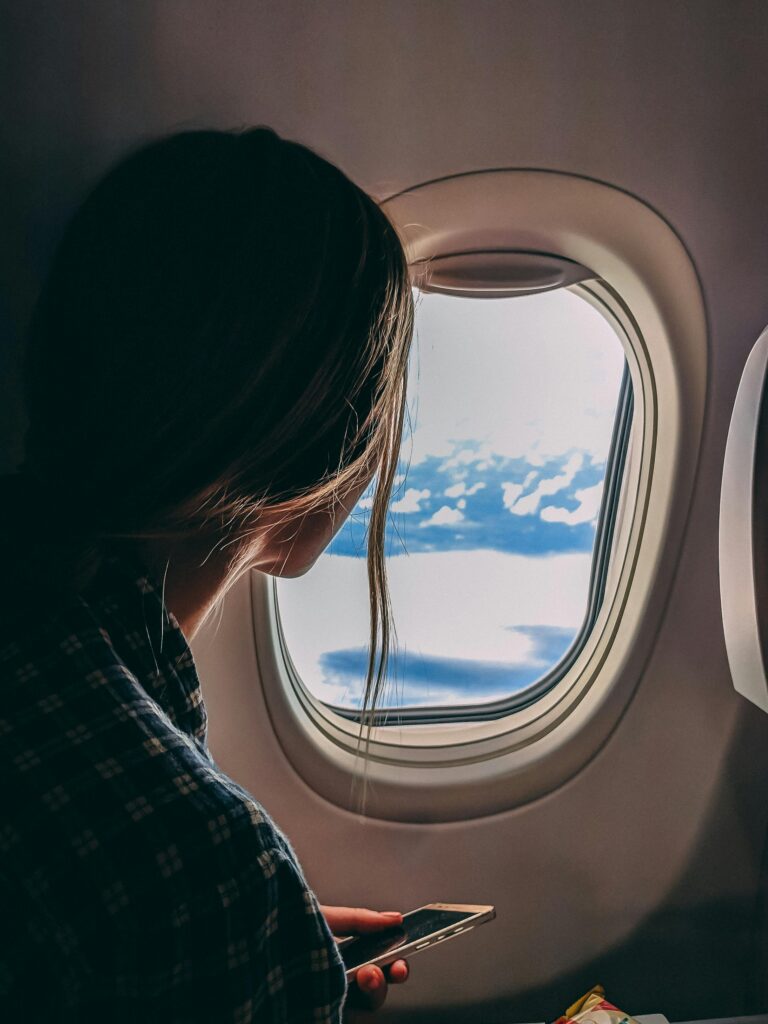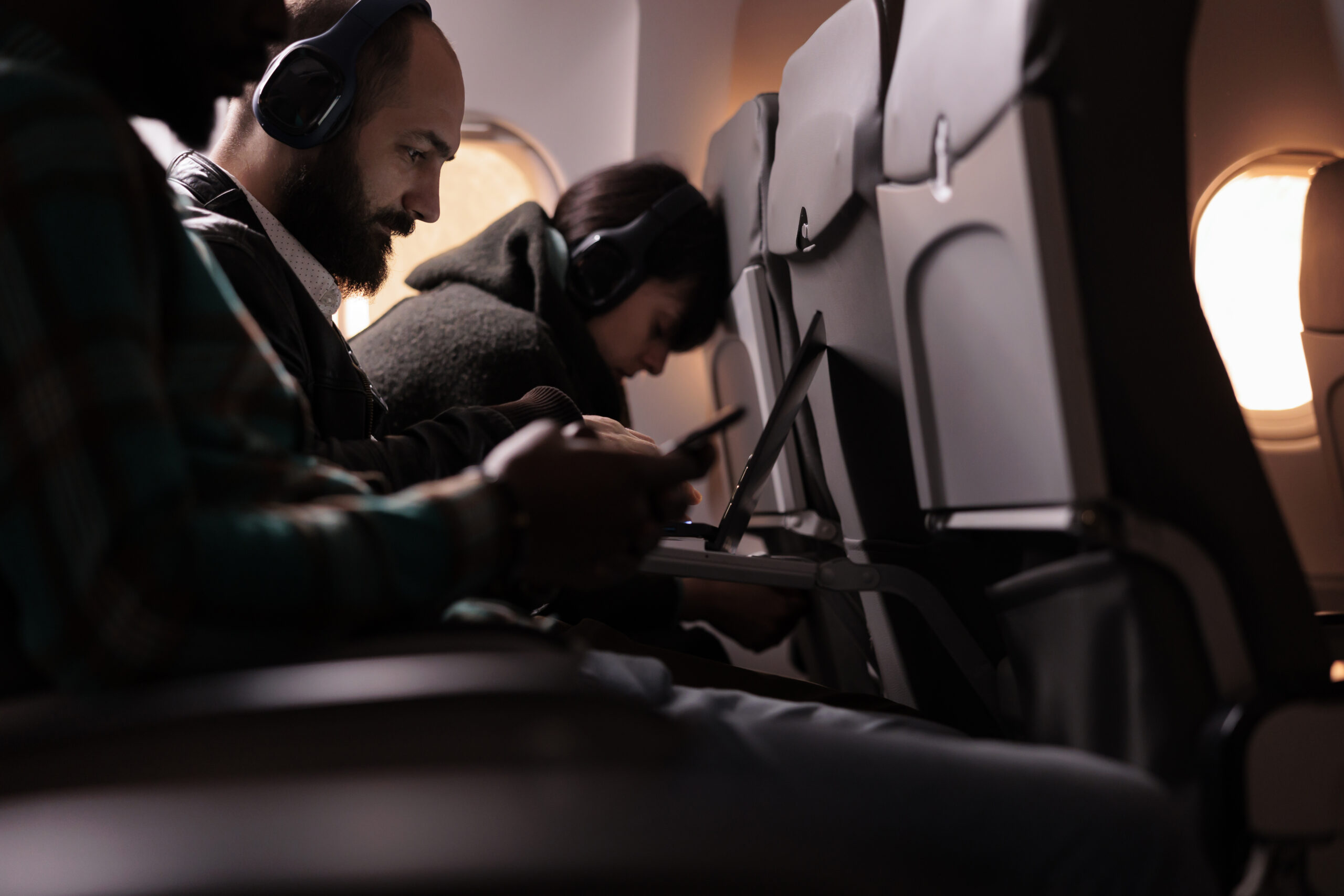
Understanding Jetlag
Jetlag, or desynchronosis, is a temporary sleep disorder that occurs when your internal body clock, or circadian rhythm, is out of sync with the time zone you’re traveling to. It happens because your body is still aligned with your original time zone, causing a mismatch between your internal clock and the new environment. This can lead to a range of symptoms, including:
- Fatigue: Feeling excessively tired and worn out.
- Insomnia: Difficulty falling or staying asleep.
- Disorientation: Feeling confused or out of sorts.
- Digestive Issues: Upset stomach, constipation, or diarrhea.
- Mood Changes: Increased irritability or feelings of anxiety.
Factors Influencing Jetlag
- Distance and Direction: Traveling east tends to cause more severe jetlag than traveling west because it shortens the day, making it harder to adapt.
- Number of Time Zones Crossed: The more time zones you cross, the more severe the jetlag.
- Age: Older adults may experience more intense symptoms and take longer to recover.
- Travel Frequency: Frequent travelers might adapt more quickly, but constant disruption can also take a toll.
How to Minimize Jetlag

1. Pre-Travel Adjustments
- Gradually Shift Your Schedule: A few days before departure, start adjusting your sleep and wake times to align more closely with your destination’s time zone.
- Get Plenty of Rest: Ensure you are well-rested before your trip. Traveling while already tired can exacerbate jetlag symptoms.
2. During the Flight
- Stay Hydrated: Drink plenty of water to stay hydrated and avoid alcohol and caffeine, as they can disrupt sleep.
- Move Around: Stretch and walk around the cabin periodically to maintain circulation.
- Sleep Strategically: If it’s nighttime at your destination, try to sleep on the plane. Use sleep aids like a neck pillow, earplugs, and an eye mask.
3. Upon Arrival
- Adapt to Local Time Immediately: Try to align your activities with the local time zone as soon as you arrive. This means eating meals and going to bed according to the new schedule.
- Get Plenty of Natural Light: Exposure to natural light helps reset your internal clock. Spend time outside, especially in the morning.
- Stay Active: Light exercise can help reduce fatigue and promote better sleep.
Natural Remedies for Jetlag

- Melatonin Supplements: Melatonin is a hormone that regulates sleep. Taking melatonin supplements can help reset your internal clock.
- Herbal Teas: Chamomile or valerian root tea can promote relaxation and improve sleep quality.
- Essential Oils: Lavender or peppermint essential oils can help you relax and improve sleep.
Long-Term Strategies
- Consistent Sleep Schedule: Maintain a regular sleep schedule even when not traveling to help your body’s circadian rhythm stay stable.
- Healthy Lifestyle: Regular exercise, a balanced diet, and stress management can enhance your overall sleep quality and resilience to jetlag.
When to Seek Medical Advice

If you frequently travel across time zones and find that jetlag severely impacts your daily life or if you have an underlying sleep disorder, consult a healthcare professional. They can provide tailored advice and potential treatments to manage your symptoms more effectively.
Final Thoughts
Jetlag is an inevitable part of long-distance travel, but with the right strategies, you can minimize its impact. By preparing ahead of time, making smart choices during your flight, and taking steps to adjust quickly upon arrival, you can make your travels smoother and more enjoyable. Safe travels and sweet dreams!






